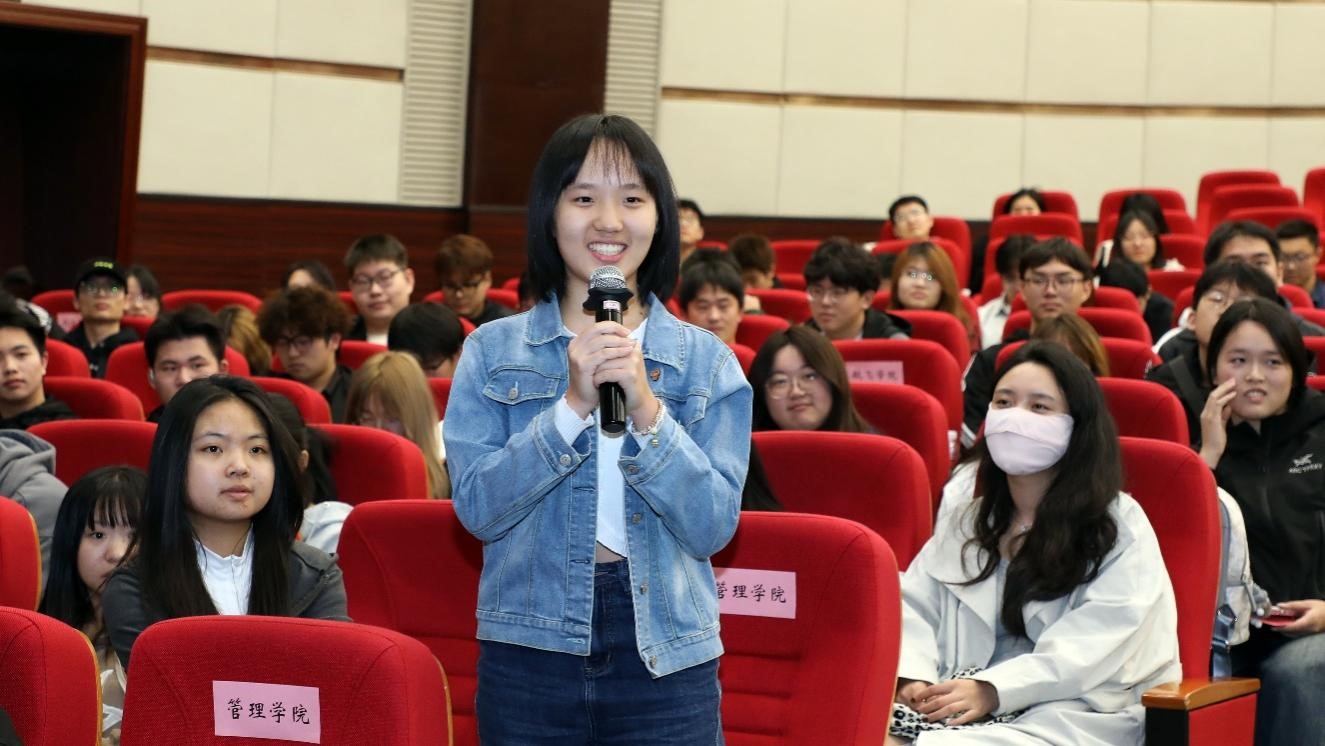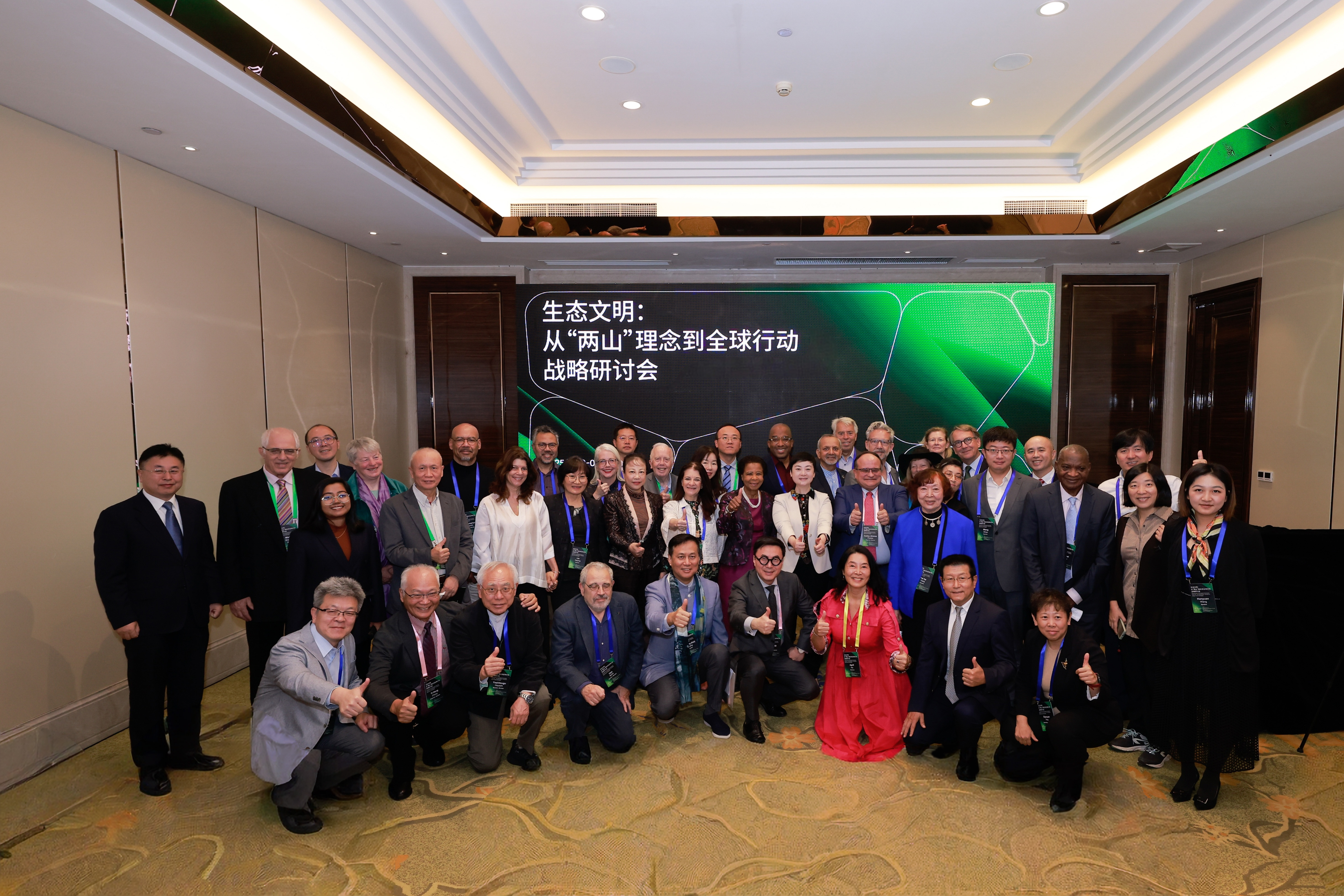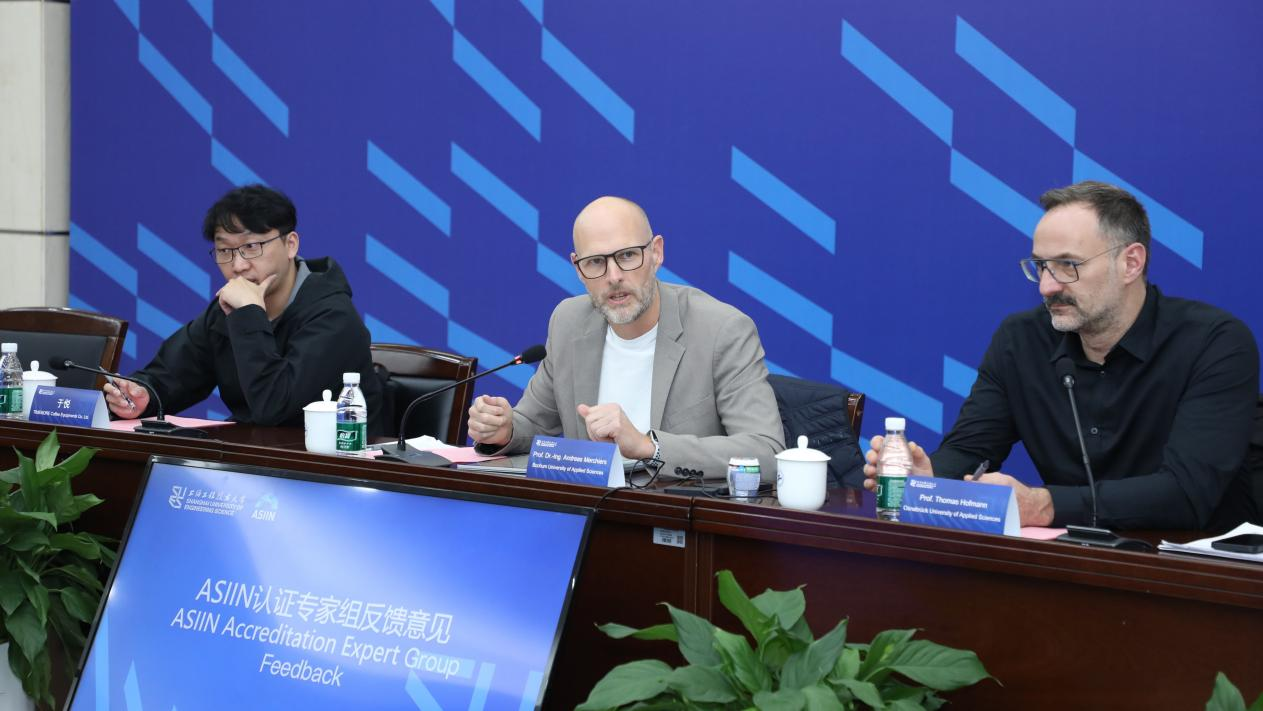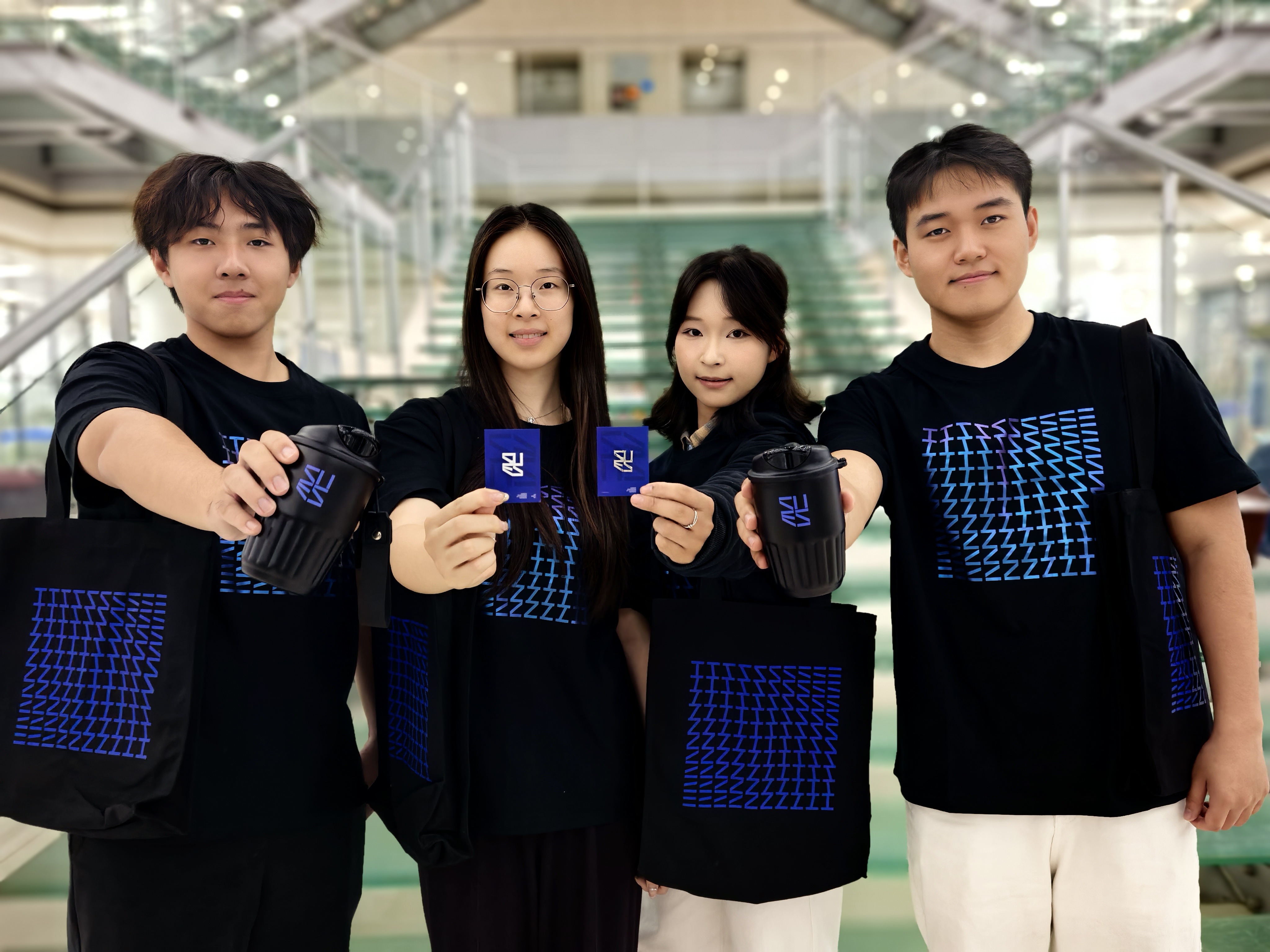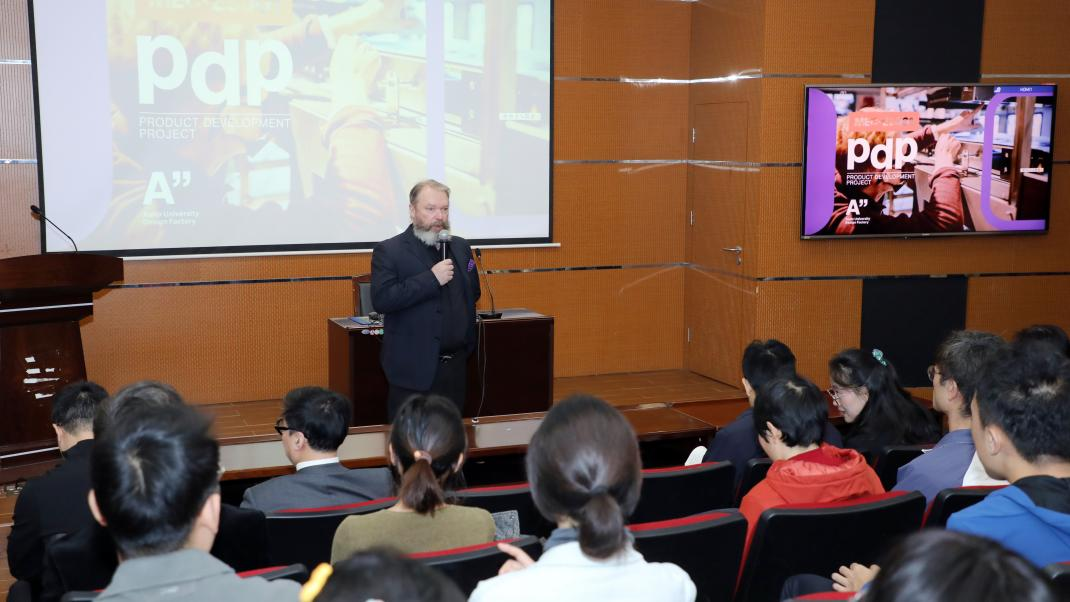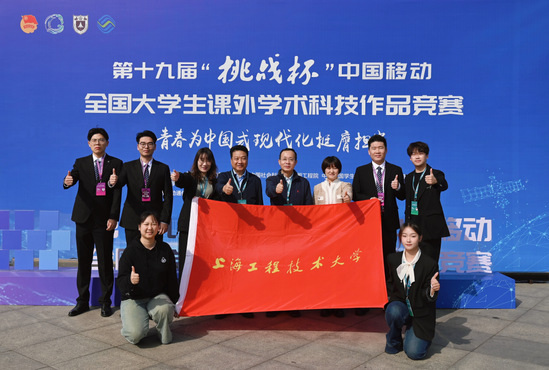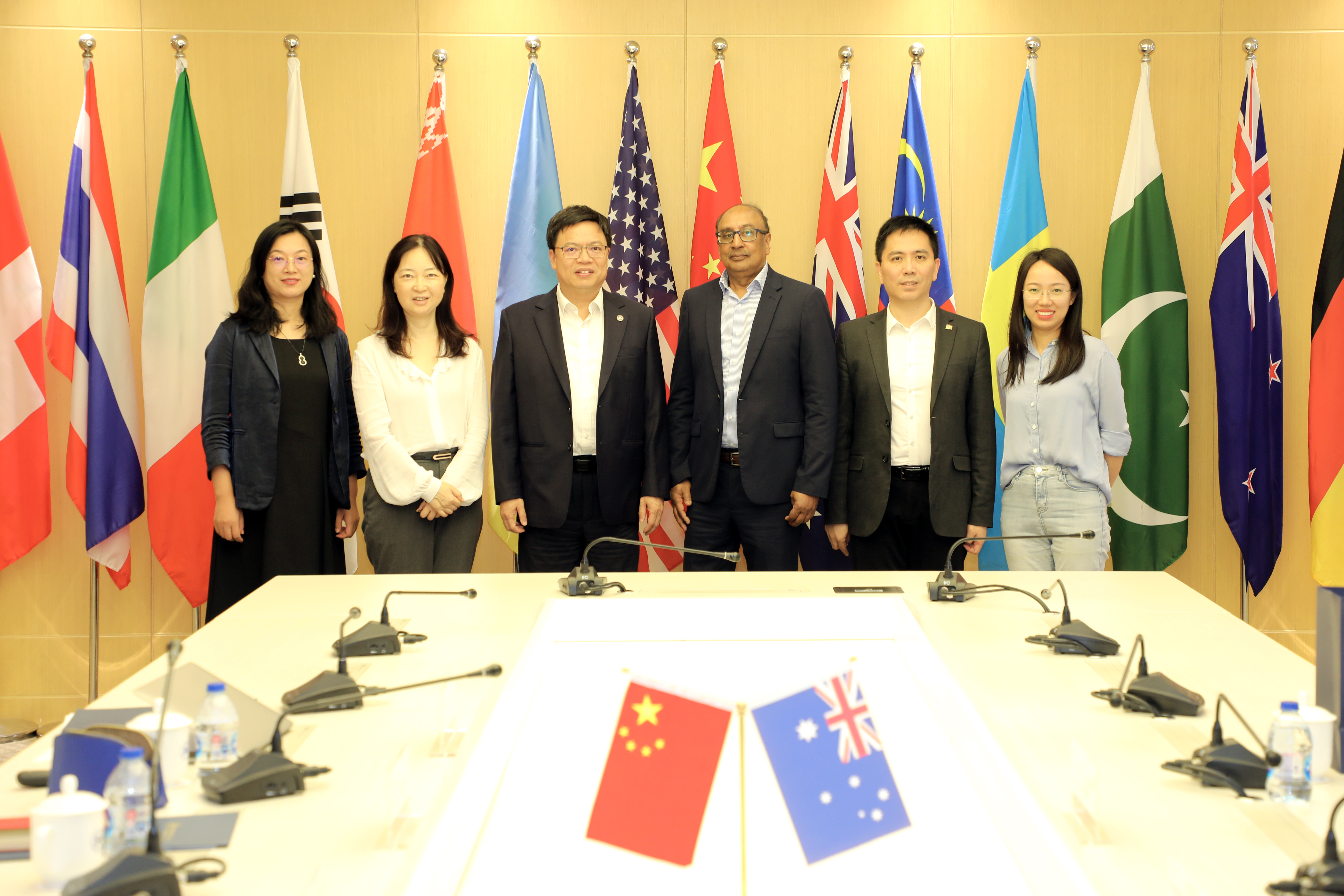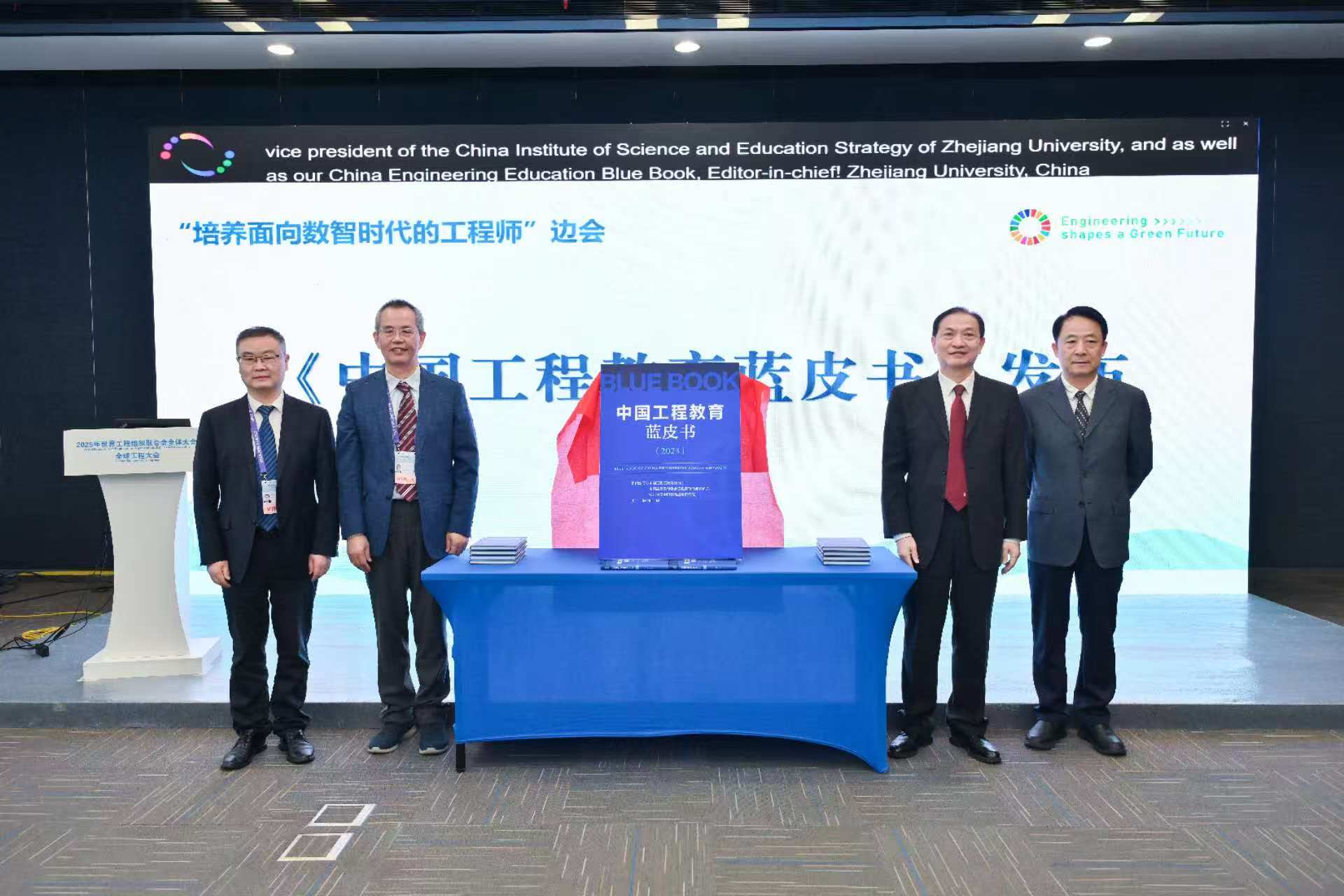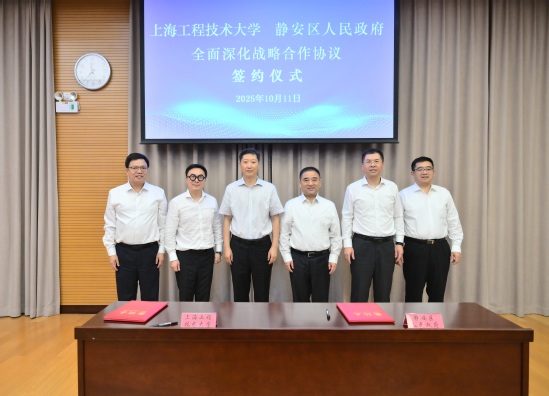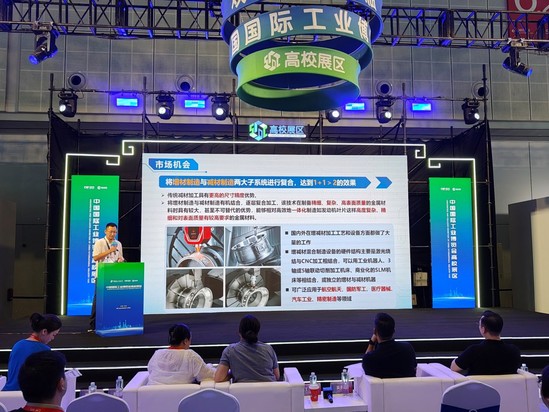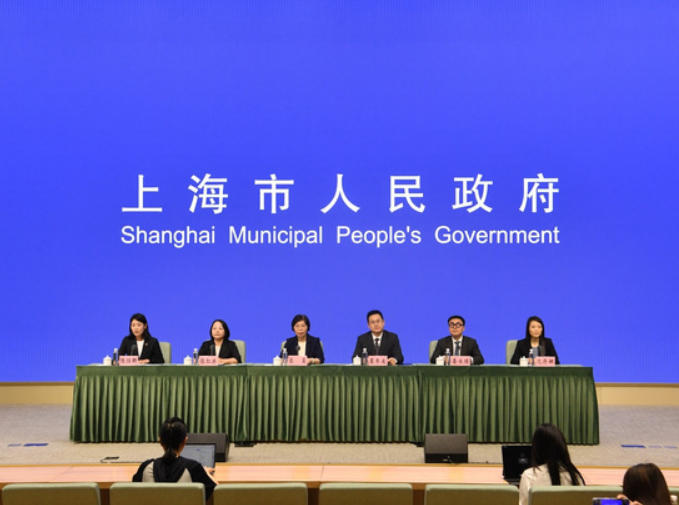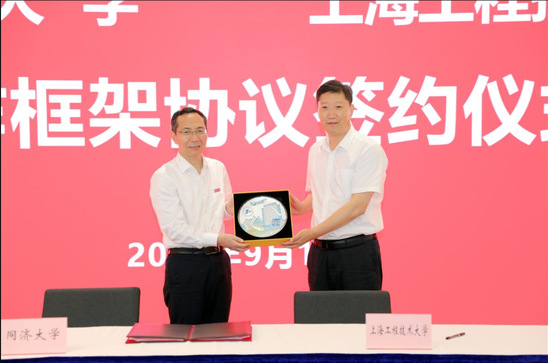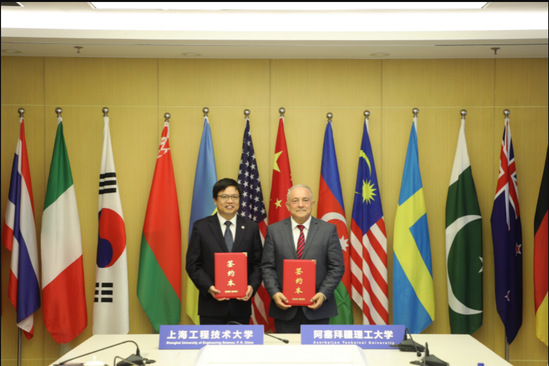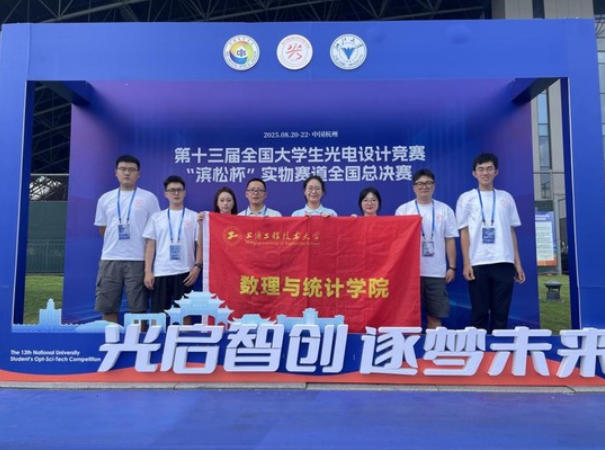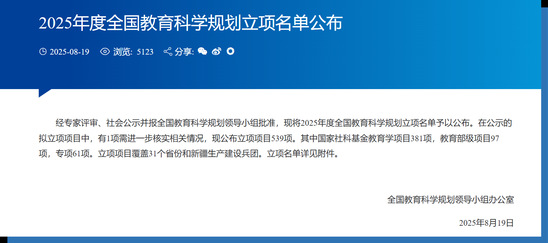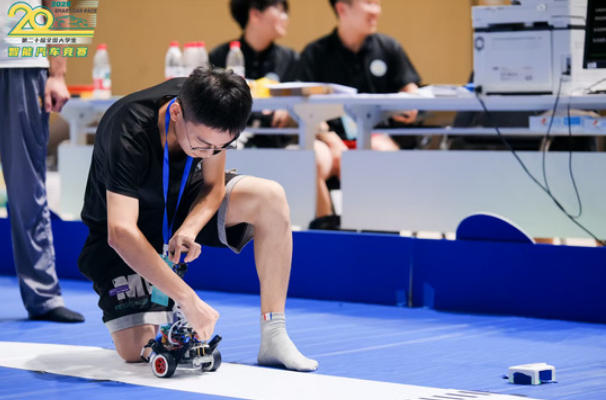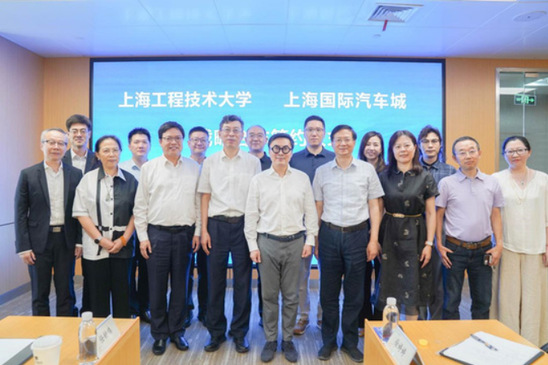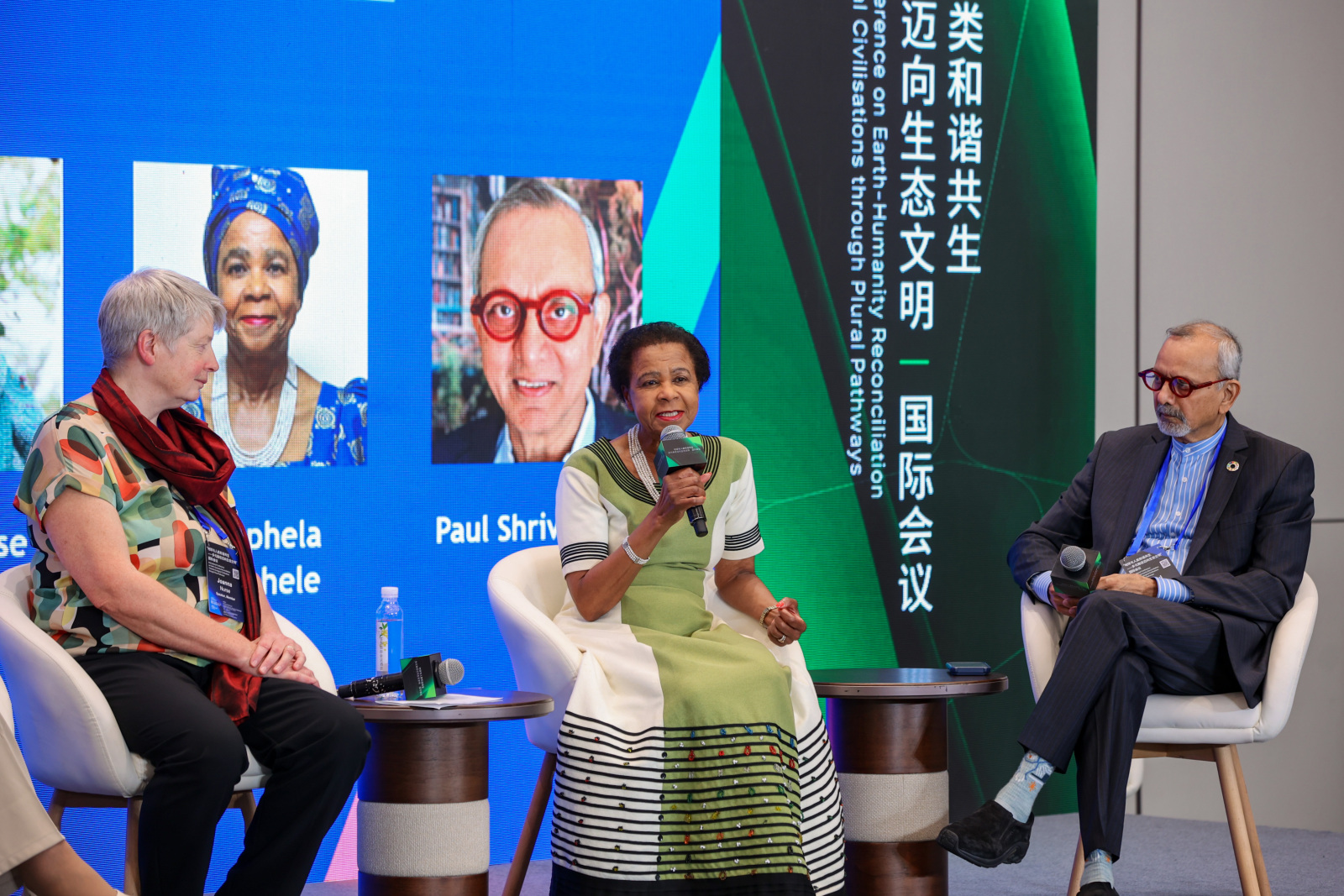
On November 5, the International Conference on Earth–Humanity Reconciliation: Towards Ecological Civilizations through Plural Pathways was grandly inaugurated in Xiangcheng District, Suzhou, a city celebrated for its rich cultural heritage. Hosted by SUES and supported by the United Nations Educational, Scientific and Cultural Organization (UNESCO), the conference commemorates the 20th anniversary of President Xi Jinping’s visionary concept— “Lucid waters and lush mountains are invaluable assets.” Nearly one hundred leading experts, scholars, international organization representatives, and business leaders from more than 20 countries and regions gathered to engage in deep dialogue on pathways to achieve harmony between humanity and nature and to advance ecological civilization.
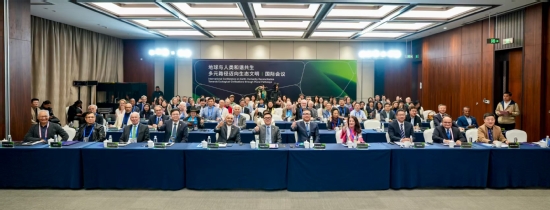
Shen Zhidong, Secretary of the CPC Xiangcheng District Committee of Suzhou, and Shahbaz Khan, Director of the UNESCO Office in Beijing and Representative to China, delivered opening remarks—Khan via video message. Lou Yongqi, President of SUES and Fellow of the Royal Swedish Academy of Engineering Sciences, also addressed the opening ceremony and delivered the keynote speech.
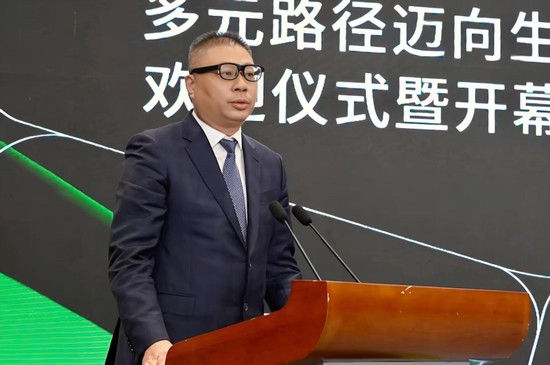
In his remarks, Shen Zhidong described Suzhou as a “double-sided embroidery” city imbued with ecological DNA, with Xiangcheng serving as a vivid embodiment of this ecological vision. He expressed hopes to deepen cooperation with partners worldwide in green technology innovation, ecological industry collaboration, and low-carbon city development, so that the “Xiangcheng Practice” may generate new sparks of wisdom through global exchange.
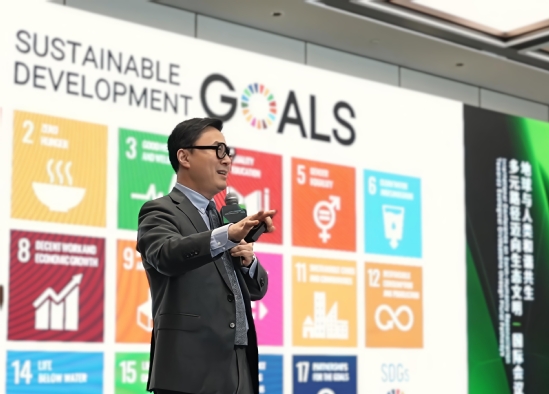
Lou Yongqi emphasized that convening this conference on the 20th anniversary of President Xi’s ecological civilization concept-lucid waters and lush mountains are invaluable assets-carries profound significance. He stated that “ecological civilization represents the most compelling response of our era to the call for harmony between the Earth and humanity.” It is not a static blueprint but an evolving global practice. Lou Yongqi expressed hopes that the conference would ignite intellectual inspiration, foster networks of cooperation, and sow the seeds of collective progress.
In his keynote address, Lou Yongqi explored the interconnection between the United Nations Sustainable Development Goals (SDGs) and design-driven innovation, highlighting the paradigm shift from human-centered design to co-design between humans and nature. Drawing on case studies such as Design Harvests, he underscored the transformative power of design in advancing social innovation, ecological restoration, and educational reform. Lou Yongqi advocated for innovative educational models that transform universities into experimental grounds for a sustainable future, and explored the crucial role of artificial intelligence in accelerating the achievement of the SDGs. He proposed that “the future economy will be one that heals the Earth,” with education playing a key enabling role in that process.
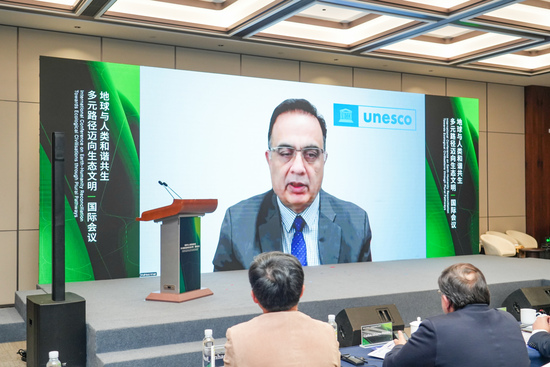
In his video message, Shahbaz Khan underscored that science serves as the essential bridge toward a sustainable future. He called on the global community to strengthen collaboration, share knowledge, and promote technological synergy in response to climate change and ecological crises.
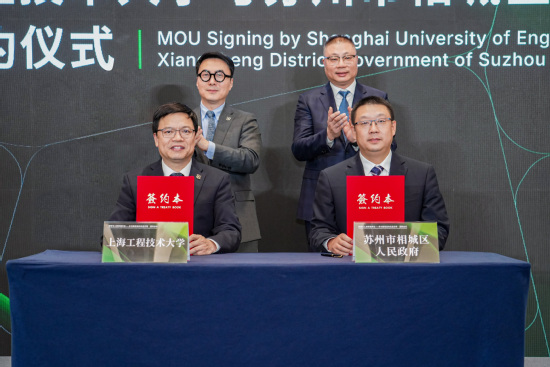
At the opening ceremony, Shanghai University of Engineering Science and the Xiangcheng District People’s Government of Suzhou City held an MOU signing ceremony, marking a new chapter in strategic cooperation. The two parties will collaborate closely on industry–education integration, technological innovation, research transformation, and talent development. Together, they aim to create a “regional model” for ecological civilization construction through university–local government synergy and industry–education integration, injecting fresh “Xiangcheng Momentum” and “SUES Wisdom” into the high-quality development of the Yangtze River Delta.
In the keynote speeches, He Ren, COMAC Special Expert and Fellow of the Australian Academy of Technological Sciences & Engineering, shared insights on ecological civilization and sustainable development from the perspectives of global warming and energy transformation. He called for collective efforts to build a planet where humanity and nature coexist harmoniously. Junhao Zhu, General Manager of the Green Technology Bank, discussed how systemic innovation in green finance and market mechanisms can empower ecological well-being and sustainability.
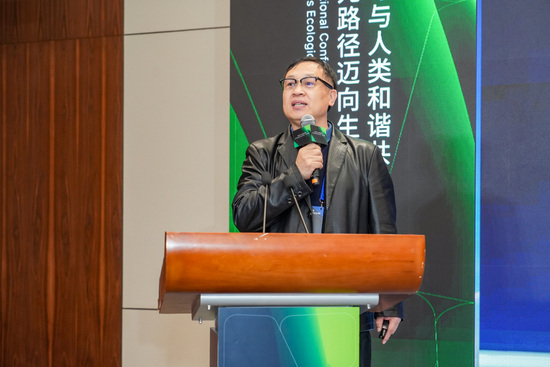
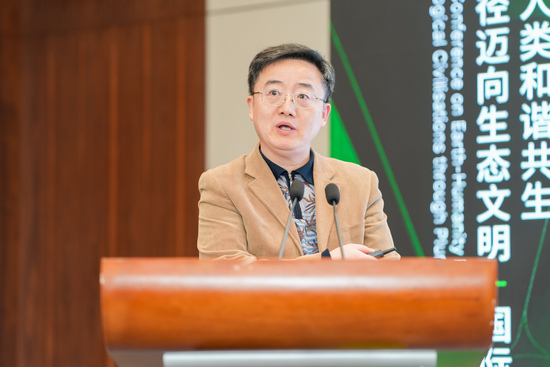
The conference featured seven thematic sessions, bringing together leading domestic and international experts, scholars, international organization representatives and industry leaders to exchange ideas and research outcomes on sustainable design, green innovation, and ecological transformation.

The event received strong support from the CPC Xiangcheng District Committee and Government of Suzhou, UNESCO, World Academy of Art and Science (WAAS), Earth–Humanity Coalition (EHC), Ministry of Education’s Innovation Team of Philosophy and Social Sciences on “Design Empowerment for High-Quality Urban Development” at Tongji University, Suzhou Xiangcheng Eco-Cultural Tourism Development Group Co., Ltd., and Shanghai Institute of Innovation and Creative Design.






